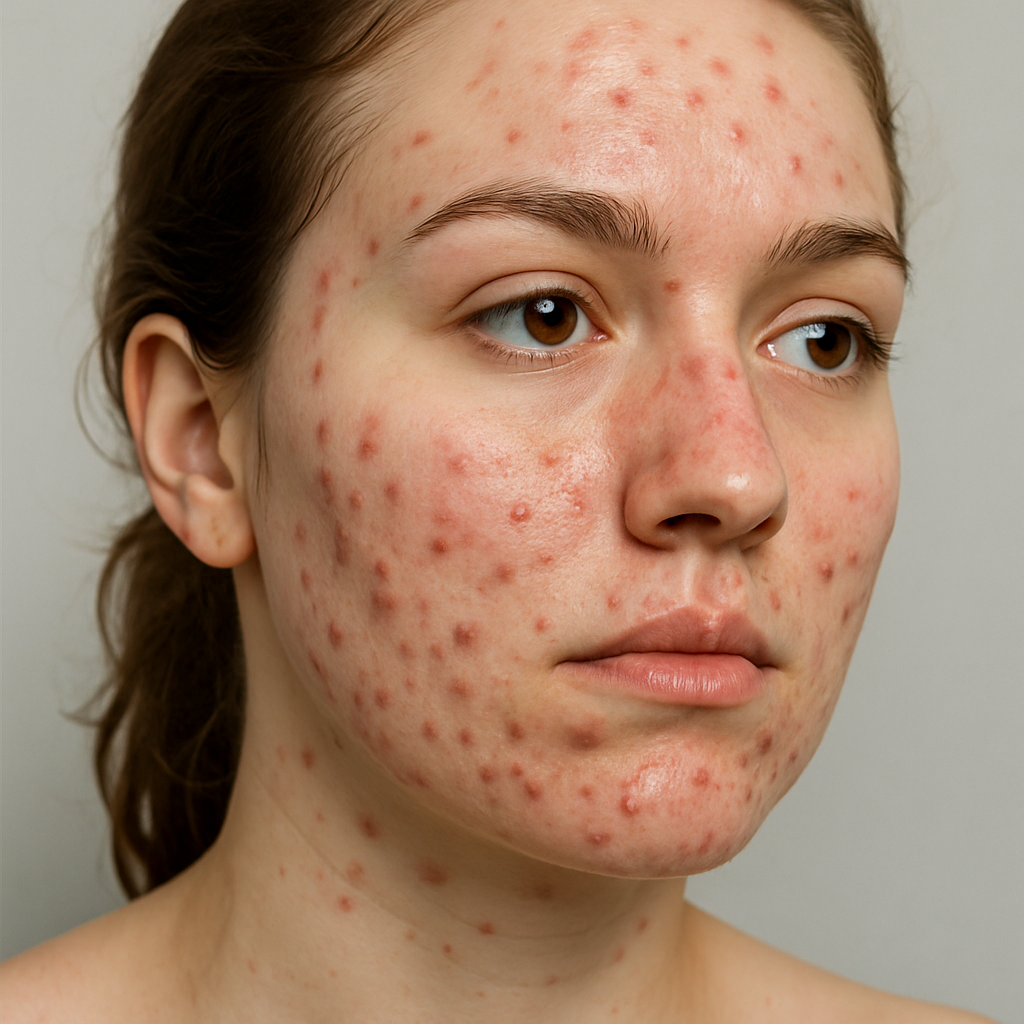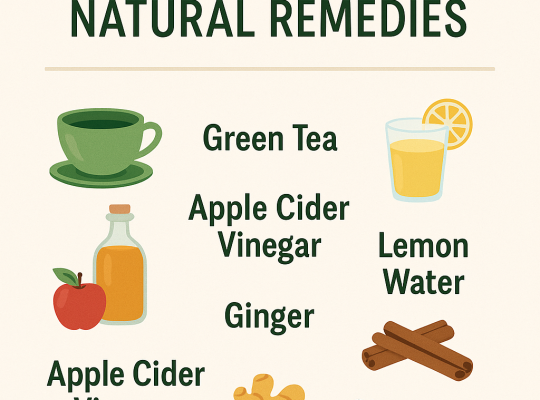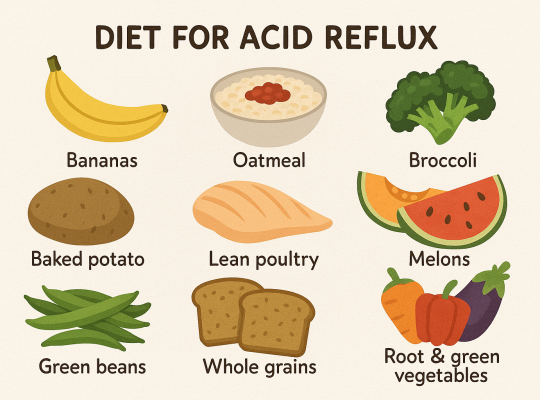Struggling with acne can be an exhausting journey, leaving both your skin and confidence in disarray. If you’ve tried countless products with little success, it’s time to unlock the secrets to clear skin. In this ultimate guide, we delve into effective treatments, natural remedies, and lifestyle changes that can help you achieve the complexion you’ve always wanted. From understanding the root causes of breakouts to exploring proven skincare routines, we’ll equip you with actionable insights tailored for every skin type. Say goodbye to the frustration of stubborn zits and hello to a clearer, healthier complexion. Whether you’re dealing with occasional flare-ups or persistent acne, this guide is your go-to resource for transforming your skin and restoring your confidence. After all, every face deserves to shine!
Understanding Acne: Causes and Types
Acne is a common skin condition that affects millions of people worldwide, regardless of age or gender. To effectively treat acne, it is crucial to understand its causes and the various types you might encounter. Acne occurs when hair follicles become clogged with oil, dead skin cells, and bacteria, leading to inflammation and breakouts. Several factors contribute to the development of acne, including hormonal changes, genetics, and lifestyle choices. Hormonal fluctuations, particularly during puberty, menstruation, pregnancy, and stress, can increase oil production, making the skin more prone to acne. Genetics also play a significant role, as a family history of acne can increase the likelihood of experiencing breakouts.
There are different types of acne, each with its unique characteristics and treatment requirements. Common forms include whiteheads, blackheads, papules, pustules, nodules, and cysts. Whiteheads are closed comedones that appear as small, flesh-colored bumps, while blackheads are open comedones with a dark appearance due to oxidation of trapped debris. Papules are inflamed, red bumps that can be tender to the touch, and pustules are similar but contain pus at their tips. Nodules are larger, deeper, and more painful lumps that can cause significant scarring if not treated properly. Cysts are the most severe form of acne, presenting as large, pus-filled lesions that can lead to long-term skin damage.
Identifying the type of acne you have is essential for selecting the appropriate treatment. Mild acne, such as whiteheads and blackheads, can often be managed with over-the-counter products and proper skincare routines. Moderate to severe acne, including nodules and cysts, may require prescription medications and professional interventions. Understanding the underlying causes and types of acne empowers you to make informed decisions about your skincare regimen and seek the most effective treatments for your specific condition.
The Importance of a Skincare Routine
A consistent skincare routine is the foundation of effective acne management and overall skin health. Establishing a daily regimen tailored to your skin type and concerns can help prevent breakouts, reduce inflammation, and promote a clear, radiant complexion. The first step in any skincare routine is cleansing, which removes dirt, oil, and impurities that can clog pores and contribute to acne. Choose a gentle, non-comedogenic cleanser that suits your skin type and avoid harsh soaps or scrubs that can irritate the skin and worsen acne.
After cleansing, it is crucial to apply a toner to balance the skin’s pH levels and prepare it for subsequent treatments. Toners can help remove any remaining traces of dirt and oil while providing additional hydration and soothing benefits. Look for toners with ingredients like witch hazel, salicylic acid, or tea tree oil, which are known for their acne-fighting properties. Following toner application, incorporate a targeted treatment product, such as a serum or spot treatment, to address specific acne concerns. Ingredients like benzoyl peroxide, retinoids, and alpha hydroxy acids (AHAs) are effective in reducing acne and promoting cell turnover.
Moisturizing is a critical step in any skincare routine, even for those with oily or acne-prone skin. Proper hydration helps maintain the skin’s barrier function, preventing excessive oil production and reducing the risk of breakouts. Opt for oil-free, non-comedogenic moisturizers that provide lightweight hydration without clogging pores. Finally, always apply sunscreen during the day to protect your skin from harmful UV rays, which can exacerbate acne and cause hyperpigmentation. Consistency and patience are key to seeing results, as it can take several weeks for skincare products to show noticeable improvements.
Top Ingredients for Acne Treatment
Effective acne treatment often hinges on the use of specific ingredients known for their ability to combat breakouts and improve skin clarity. Understanding these key ingredients can help you choose the right products to incorporate into your skincare routine. One of the most widely recognized acne-fighting ingredients is salicylic acid, a beta hydroxy acid (BHA) that penetrates deep into the pores to dissolve excess oil and dead skin cells. Salicylic acid is particularly effective for treating blackheads and whiteheads, as it prevents pore clogging and reduces inflammation.
Benzoyl peroxide is another powerhouse ingredient commonly used in acne treatments. It works by killing acne-causing bacteria and reducing inflammation, making it an excellent choice for treating pustules and papules. Benzoyl peroxide is available in various concentrations, and it is essential to start with a lower strength to minimize potential irritation and gradually increase as needed. For those dealing with more severe acne, retinoids, which are derived from vitamin A, can be highly effective. Retinoids work by promoting cell turnover, preventing clogged pores, and reducing the formation of acne lesions.
In addition to these well-known ingredients, there are several others that can benefit acne-prone skin. Niacinamide, also known as vitamin B3, has anti-inflammatory properties and helps regulate oil production, making it suitable for all skin types. Tea tree oil, a natural antiseptic, can be used as a spot treatment to reduce the size and redness of pimples. Sulfur, often found in masks and spot treatments, helps absorb excess oil and has antimicrobial properties. Incorporating these ingredients into your skincare routine can significantly enhance your acne treatment efforts and lead to clearer, healthier skin.
Over-the-Counter vs. Prescription Treatments
When it comes to treating acne, both over-the-counter (OTC) and prescription treatments have their place, and understanding the differences between them can help you make informed decisions about your skincare regimen. Over-the-counter treatments are readily available without a prescription and are often the first line of defense against mild to moderate acne. These products typically contain active ingredients like salicylic acid, benzoyl peroxide, and alpha hydroxy acids, which work to unclog pores, reduce inflammation, and promote exfoliation.
OTC treatments can be highly effective for managing mild acne and preventing new breakouts. They come in various forms, including cleansers, toners, spot treatments, and moisturizers, allowing you to create a comprehensive skincare routine. However, OTC products may not be sufficient for more severe or persistent acne, as they generally contain lower concentrations of active ingredients compared to prescription options. If you find that your acne does not improve with OTC treatments, it may be time to consult a dermatologist for more potent solutions.
Prescription treatments are tailored to address more severe or resistant forms of acne and often involve higher concentrations of active ingredients or different classes of medications. Common prescription options include topical retinoids, oral antibiotics, and hormonal treatments such as birth control pills or spironolactone. Topical retinoids, like tretinoin or adapalene, are highly effective in promoting cell turnover and preventing clogged pores. Oral antibiotics, such as doxycycline or minocycline, help reduce inflammation and target acne-causing bacteria. Hormonal treatments work by regulating hormone levels that can contribute to acne, making them particularly useful for women with hormonal acne.
In some cases, dermatologists may prescribe isotretinoin, a powerful oral retinoid, for severe cystic acne that has not responded to other treatments. Isotretinoin can provide long-term remission of acne but requires careful monitoring due to potential side effects. Ultimately, the choice between OTC and prescription treatments depends on the severity of your acne and how your skin responds to different products. Consulting with a dermatologist can help you determine the most appropriate treatment plan for your specific needs.
Natural Remedies for Acne: Do They Work?
Natural remedies for acne have gained popularity as alternatives to conventional treatments, offering a gentler approach for those seeking to avoid harsh chemicals. While some natural remedies can be effective, it is important to approach them with realistic expectations and an understanding of their limitations. One of the most commonly used natural remedies for acne is tea tree oil, which has antimicrobial and anti-inflammatory properties. When applied topically, tea tree oil can help reduce the size and redness of pimples, making it a popular choice for spot treatments.
Another natural ingredient often touted for its acne-fighting benefits is aloe vera. Known for its soothing and healing properties, aloe vera can help calm irritated skin and reduce inflammation associated with acne. It also provides hydration without clogging pores, making it suitable for all skin types. Honey, particularly raw or Manuka honey, is another natural remedy that can be beneficial for acne-prone skin. Honey has antibacterial properties and can help draw out impurities from the pores while providing moisture and promoting healing.
While these natural remedies can offer some relief, they are not a substitute for proven medical treatments, especially for moderate to severe acne. It is important to use natural remedies as complementary treatments rather than relying on them as the sole method of managing acne. Additionally, not all natural ingredients are suitable for everyone, and some may cause allergic reactions or irritation. Always perform a patch test before using any new natural remedy and consult with a dermatologist if you have concerns about incorporating them into your skincare routine.
Lifestyle Changes for Clearer Skin
In addition to skincare products and treatments, certain lifestyle changes can play a significant role in achieving and maintaining clear skin. One of the most impactful lifestyle changes is managing stress, as stress can trigger hormonal fluctuations that lead to increased oil production and breakouts. Incorporating stress-reducing activities such as yoga, meditation, and regular exercise can help regulate hormones and improve overall skin health. Additionally, getting adequate sleep is crucial for skin regeneration and repair, as lack of sleep can exacerbate inflammation and acne.
Another important lifestyle factor to consider is hydration. Drinking plenty of water helps flush out toxins from the body and keeps the skin hydrated, which is essential for maintaining a healthy complexion. Dehydration can lead to dry, flaky skin and increased oil production, both of which can contribute to acne. Aim to drink at least eight glasses of water a day and consider incorporating hydrating foods like fruits and vegetables into your diet.
Maintaining proper hygiene and avoiding habits that can worsen acne is also essential for clearer skin. Refrain from touching your face frequently, as this can transfer bacteria and oils from your hands to your skin. Change pillowcases and towels regularly to prevent the buildup of bacteria and dirt. Additionally, avoid picking or squeezing pimples, as this can lead to scarring and further inflammation. By making these lifestyle changes, you can support your skincare efforts and promote a clearer, healthier complexion.
The Role of Diet in Acne Management
The connection between diet and acne has been a topic of ongoing research, with evidence suggesting that certain dietary choices can influence the severity and frequency of breakouts. While diet alone is not the sole cause of acne, making mindful choices about what you eat can play a supportive role in managing the condition. One of the most commonly discussed dietary factors in relation to acne is the consumption of high-glycemic-index (GI) foods. Foods with a high GI, such as sugary snacks, white bread, and processed cereals, can cause rapid spikes in blood sugar levels, leading to increased insulin production and inflammation, which can exacerbate acne.
Dairy products have also been linked to acne, particularly in individuals who are sensitive to hormones present in milk. Some studies suggest that the hormones in dairy can stimulate oil glands and contribute to the development of acne. Reducing or eliminating dairy from your diet and opting for plant-based alternatives may help improve your skin condition. Additionally, incorporating anti-inflammatory foods such as omega-3 fatty acids, found in fish, flaxseeds, and walnuts, can help reduce inflammation and support overall skin health.
A balanced diet rich in fruits, vegetables, whole grains, and lean proteins provides essential nutrients that promote healthy skin. Vitamins and minerals such as zinc, vitamin A, and vitamin E have been shown to have positive effects on acne-prone skin. Zinc, in particular, has anti-inflammatory properties and can help regulate oil production. Including a variety of nutrient-dense foods in your diet can support your skin’s natural healing processes and contribute to a clearer complexion. Remember, while diet can influence acne, it is just one aspect of a comprehensive acne management plan.
Common Myths About Acne Debunked
There are numerous myths and misconceptions about acne that can lead to confusion and ineffective treatment approaches. One common myth is that acne is caused by poor hygiene. While maintaining proper skincare and cleanliness is important, acne is not solely a result of not washing your face enough. In fact, over-washing or using harsh cleansers can strip the skin of its natural oils, leading to increased oil production and worsening acne. It is essential to use gentle, non-comedogenic products and avoid excessive scrubbing.
Another prevalent myth is that acne only affects teenagers. While it is true that acne is most common during puberty due to hormonal changes, it can affect individuals of all ages. Adult acne is a significant concern for many people, often triggered by factors such as stress, hormonal imbalances, and certain medications. Recognizing that acne can occur at any stage of life is important for seeking appropriate treatment and not dismissing it as a temporary issue.
There is also a misconception that popping pimples will help them heal faster. In reality, picking or squeezing pimples can lead to further inflammation, infection, and scarring. It is best to leave acne lesions alone and use appropriate treatments to manage them. Additionally, some people believe that sun exposure can improve acne by drying out the skin. While the sun may temporarily reduce the appearance of acne, it can cause long-term damage, including hyperpigmentation and increased risk of skin cancer. Always protect your skin with sunscreen and seek safer acne treatment options.
When to See a Dermatologist
Knowing when to seek professional help for acne is crucial for effective management and preventing long-term skin damage. While mild acne can often be managed with over-the-counter products and proper skincare routines, moderate to severe acne may require the expertise of a dermatologist. If you have been using OTC treatments for several weeks without significant improvement, it is time to consider a dermatologist consultation. Persistent, painful, or cystic acne that does not respond to conventional treatments is another indication that professional intervention is needed.
A dermatologist can provide a comprehensive assessment of your skin and recommend personalized treatment options based on the severity and type of acne you have. Prescription medications, such as topical retinoids, oral antibiotics, or hormonal treatments, may be necessary to effectively manage your condition. In some cases, procedures like chemical peels, laser therapy, or corticosteroid injections may be recommended to reduce inflammation and promote healing. Dermatologists can also offer guidance on skincare routines and lifestyle changes that can support your treatment plan.
Additionally, if acne is causing significant emotional distress or impacting your quality of life, seeking help from a dermatologist is important. Acne can take a toll on self-esteem and mental health, and addressing it with professional support can provide relief and improve overall well-being. Early intervention is key to preventing scarring and long-term skin damage, so do not hesitate to seek help if your acne is persistent or severe. A dermatologist can work with you to develop an effective treatment plan and help you achieve clearer, healthier skin.
Conclusion: Your Path to Clear Skin
Achieving clear skin is a multifaceted journey that requires a combination of effective treatments, consistent skincare routines, and healthy lifestyle habits. Understanding the causes and types of acne is the first step in identifying the most appropriate treatment options for your specific condition. Incorporating key ingredients like salicylic acid, benzoyl peroxide, and retinoids into your skincare regimen can help combat breakouts and improve skin clarity.
Choosing between over-the-counter and prescription treatments depends on the severity of your acne and how your skin responds to different products. Natural remedies can offer additional support, but it is essential to use them as complementary treatments rather than relying on them solely. Making lifestyle changes, such as managing stress, staying hydrated, and maintaining proper hygiene, can significantly impact your skin health. Additionally, being mindful of your diet and avoiding common acne triggers like high-glycemic-index foods and dairy can support your efforts to achieve clear skin.
Debunking common myths about acne and knowing when to seek professional help are crucial for effective acne management. A dermatologist can provide personalized treatment plans and interventions to address persistent or severe acne, preventing long-term skin damage and improving your overall well-being. With patience, consistency, and the right approach, you can achieve the clear, healthy complexion you deserve. Remember, every face deserves to shine, and your path to clear skin is within reach.










